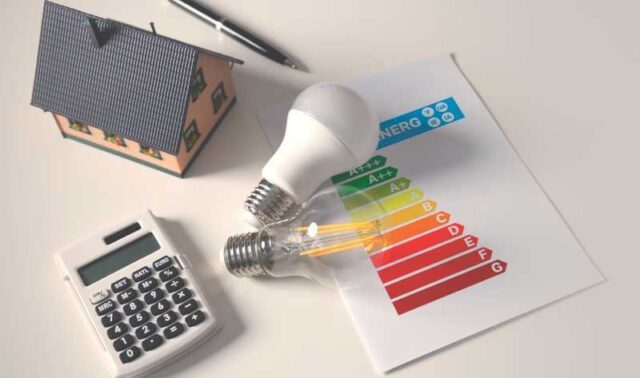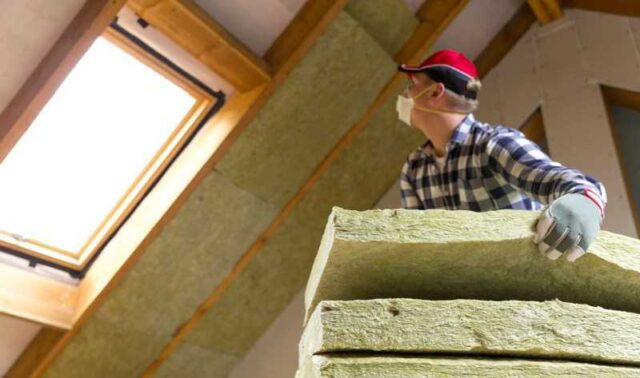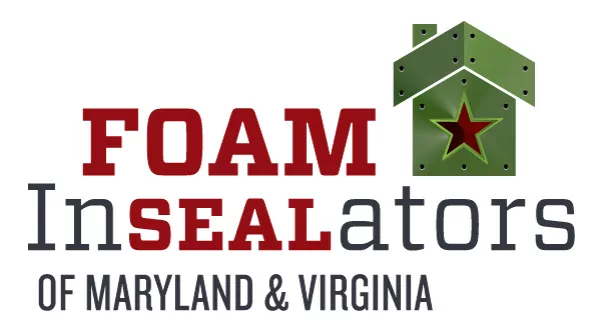Updated August 2023
Energy-efficient homes are buildings designed to reduce energy consumption and minimize their environmental footprint. These houses employ various technologies and practices to save energy, benefiting both homeowners and the planet. In this blog, we delve into the significance of energy-efficient homes, with a special emphasis on residential insulation. Join us as we explore how proper insulation plays a vital role in creating sustainable and eco-friendly living spaces.
Environmental Challenges and the Role of Homes
In today’s world, we face a myriad of environmental challenges, from the threat of climate change to the continuing depletion of natural resources, such as fossil fuels. Among the major contributors to these issues are residential buildings, responsible for a significant portion of our global energy consumption and greenhouse gas emissions. However, there is hope in the potential of energy-efficient homes. These innovative dwellings, with residential insulation playing a crucial role, offer a glimmer of promise in reducing our ecological footprint and forging a sustainable path towards a greener and brighter future.
Energy Efficiency and Environmental Benefits
Energy efficiency in homes is a transformative concept that holds the key to a cleaner, healthier future. By adopting energy-efficient practices, you can drastically slash energy consumption, lessen your reliance on power plants and fossil fuels, curb greenhouse gas emissions and shrink your carbon footprint. Not only does this benefit the environment, but it also enhances air quality, boosts public health, and conserves precious natural resources. Residential insulation, along with air sealing, plays an important role in achieving maximum energy efficiency for your home because it acts as a shield against energy loss, getting us one step closer to achieving a sustainable future. Concerned about the size of your current carbon footprint? Check out the Environmental Protection Agency’s Carbon Footprint Calculator to learn more.
Residential Insulation and its Impact

Energy-Efficient Home Features and Insulation
Creating energy-efficient homes demands a thoughtful fusion of cutting-edge features, and insulation takes center stage. From walls to roofs, floors to windows/doors, a well-insulated and air sealed home is essential for thwarting heat transfer and maintaining indoor comfort. Design considerations prioritize insulation’s role in reducing energy consumption, curbing greenhouse gas emissions, and fostering a sustainable future. By seamlessly integrating insulation and air sealing with efficient heating and cooling systems, renewable energy systems, and smart home technologies, these eco-friendly abodes promise not only lower energy bills but also a greener, more comfortable, and forward-thinking living experience.
Financial Benefits for Homeowners

Collaborative Efforts: Government, Builders, and Homeowners
Government regulations and energy efficiency standards play a large role in shaping our sustainable future. By considering insulation requirements, they incentivize builders to prioritize proper techniques and materials, ensuring homes are well-insulated and eco-friendly. The state of Maryland enforces the 2012 International Energy Conservation Code (IECC) to ensure that homeowners pay lower energy bills thanks to the installation of high efficiency systems. This energy code impacts many areas including insulation. Empowering homeowners with knowledge about insulation options and benefits fosters informed choices for greener living. Through education, awareness campaigns, and incentives, we can cultivate a culture of energy efficiency, inspiring the widespread adoption of effective insulation and paving the way towards energy-efficient homes that leave a positive impact on our environment.
Steps to Achieve Energy Efficiency with Insulation at Home

Improving the Energy Efficiency of our Baltimore Community
In conclusion, energy-efficient homes and residential insulation are the bedrock of a sustainable future. We explored the profound impact of insulation and air sealing on reducing energy consumption, greenhouse gas emissions, and utility bills, while enhancing comfort and property value. Simply put, energy efficiency is a key to protecting the environment for generations to come. As responsible homeowners, let’s prioritize investing in energy efficiency and proper insulation, starting with simple steps (as small as using more eco-friendly light bulbs) and professional assessments so our homes become beacons of change for a brighter tomorrow. At Foam InSEALators, we’re improving the energy efficiency of our Baltimore community one home at a time. To learn more about improving your home’s energy efficiency with insulation and air sealing, contact us today to speak with a member of our expert team.

